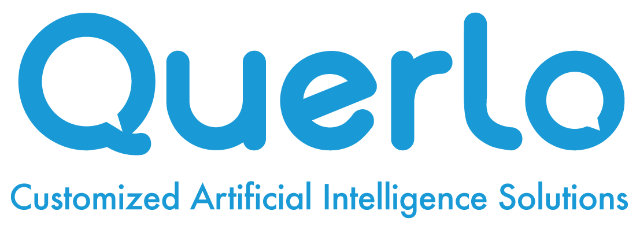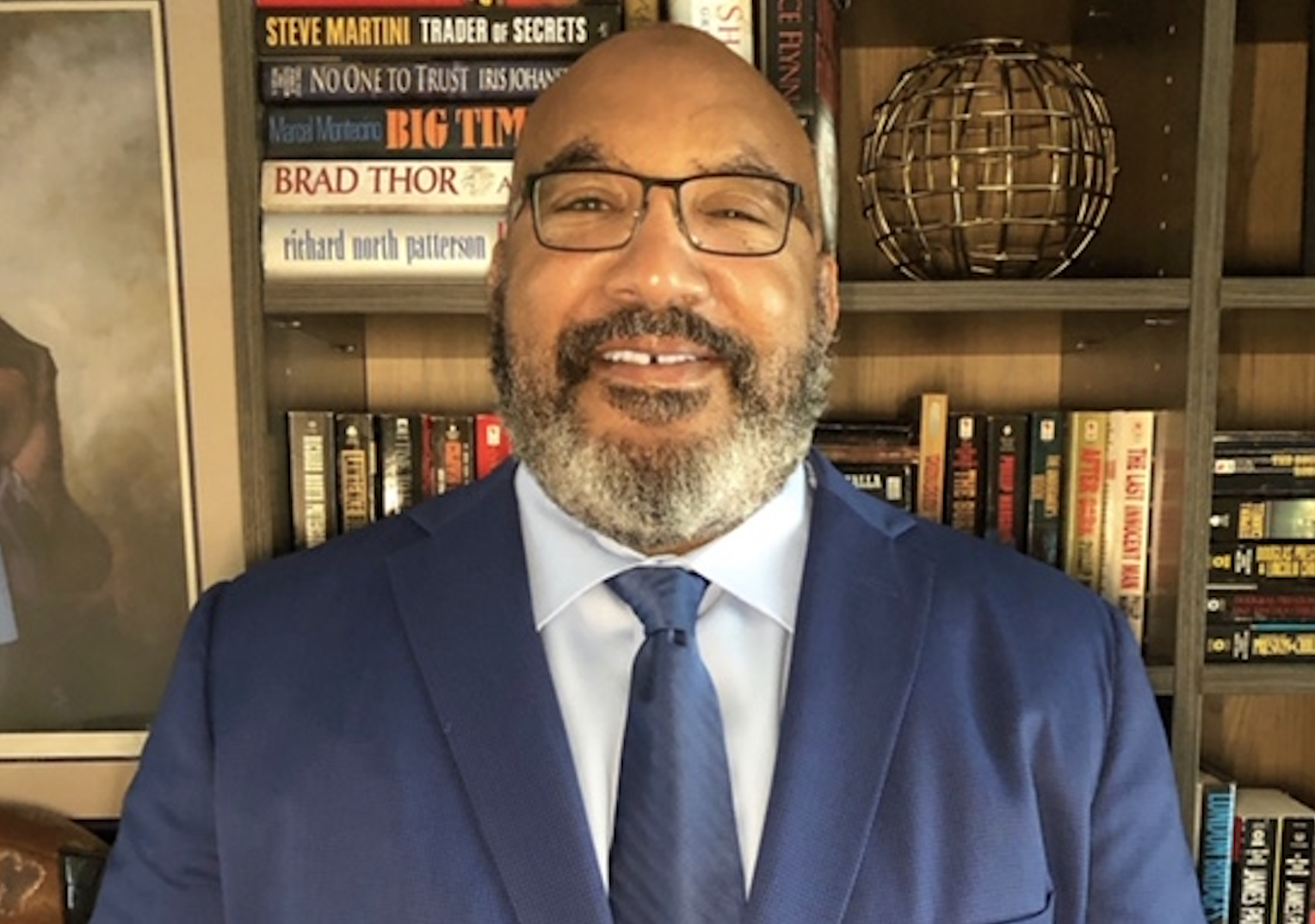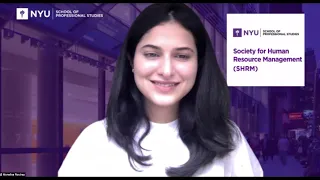In continuation of Querlo’s HR interview series, Francesco Rulli, CEO of Querlo, conducted a second discussion with David Emanuel, CHRO at APR energy with over 30 years of experience, on the importance of HR communication in the post-COVID era. David’s primary philosophy when it comes to his work and how he does business is working in a way that aligns with one’s personal values. He believes that when people work this way, they are better at the work they do and they enjoy it more. Therefore, over his years, he has strived to help people do things that make them proud in a way that makes them proud.
The first question that Francesco posed was, what do you think people’s first priority will be going forward, especially now that we are trying to overcome the difficulties of COVID-19? Additionally, what values and features will HR departments need to focus on in order to protect and motivate their employees? David begins by emphasizing that “HR touches every employee.” He demonstrates that the communication done through HR is becoming increasingly more needed and important, and this trend is not likely to stop any time soon. He also states that the anxiety of employees is “the most troubling” aspect of what companies are going through at this time. People are constantly worrying about questions such as, is my company healthy? Am I going to remain healthy? How are they going to bring me back to work? How are we going to continue to work? David believes that the communication around these types of questions is “our greatest challenge today, and going forward” from an HR perspective. He states that “we have to be honest, we have to be informative, we have to be quick, and we have to be consistent” when it comes to addressing employee’s needs.
In response to this comment, Francesco shows David one of Querlo’s new chatbots that demonstrates the general power of AI, and how it can be used to help with some of the most timely issues HR companies are facing right now. The chatbot Francesco showed is meant to understand the feelings of an employee and propose solutions for ways they can improve their mental state. The chatbot provides the option of signing in with a name, or remaining anonymous, which David noted was crucial because people can be reluctant to share their true feelings if they don’t do so anonymously. The chatbot also provides complimentary mental health and anxiety check-ups.
David believes that a tool such as this chatbot would be incredibly powerful. The ability for HR to, essentially, “never close”, would open up new opportunities, and would give people the ability to voice their thoughts and concerns 24/7.
Lastly, Francesco asked for David’s opinion on whether he believes that companies that embrace machine learning technologies to improve their knowledge base will be more successful going forward from an HR perspective. David’s answer to this question was compelling and thought-provoking. He noted that a learning process takes place within HR regardless of whether the response is coming from a person or a chatbot; over time, both parties will get better at answering specific employee questions. David believes that the “real power” comes from when HR is an effective outlet for communication and will get back to the person with the correct answer. Accuracy and efficiency are key.




